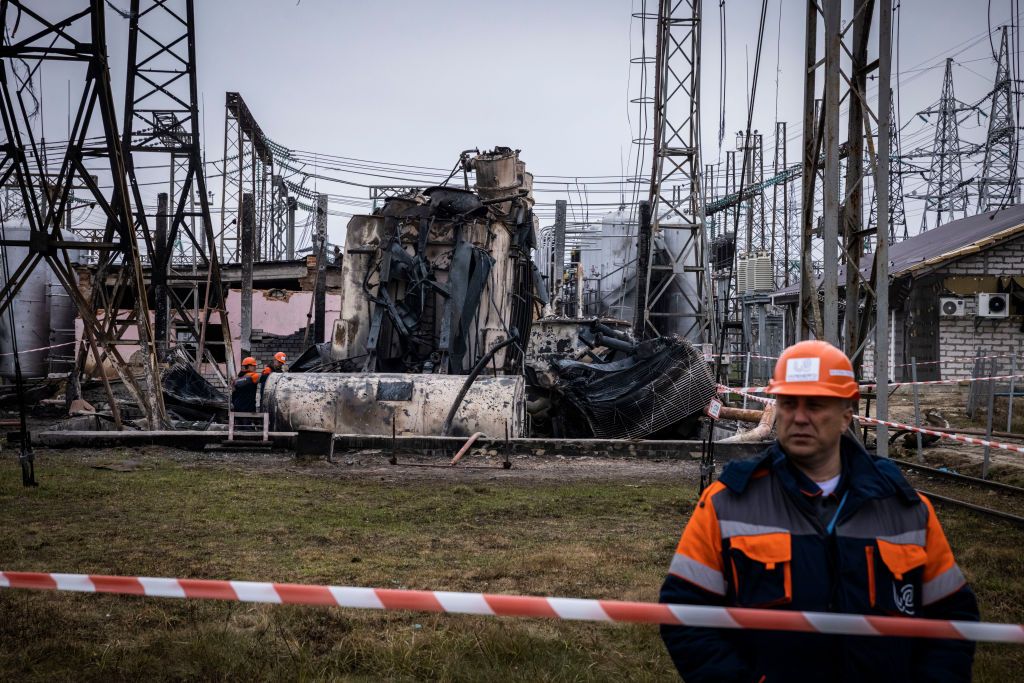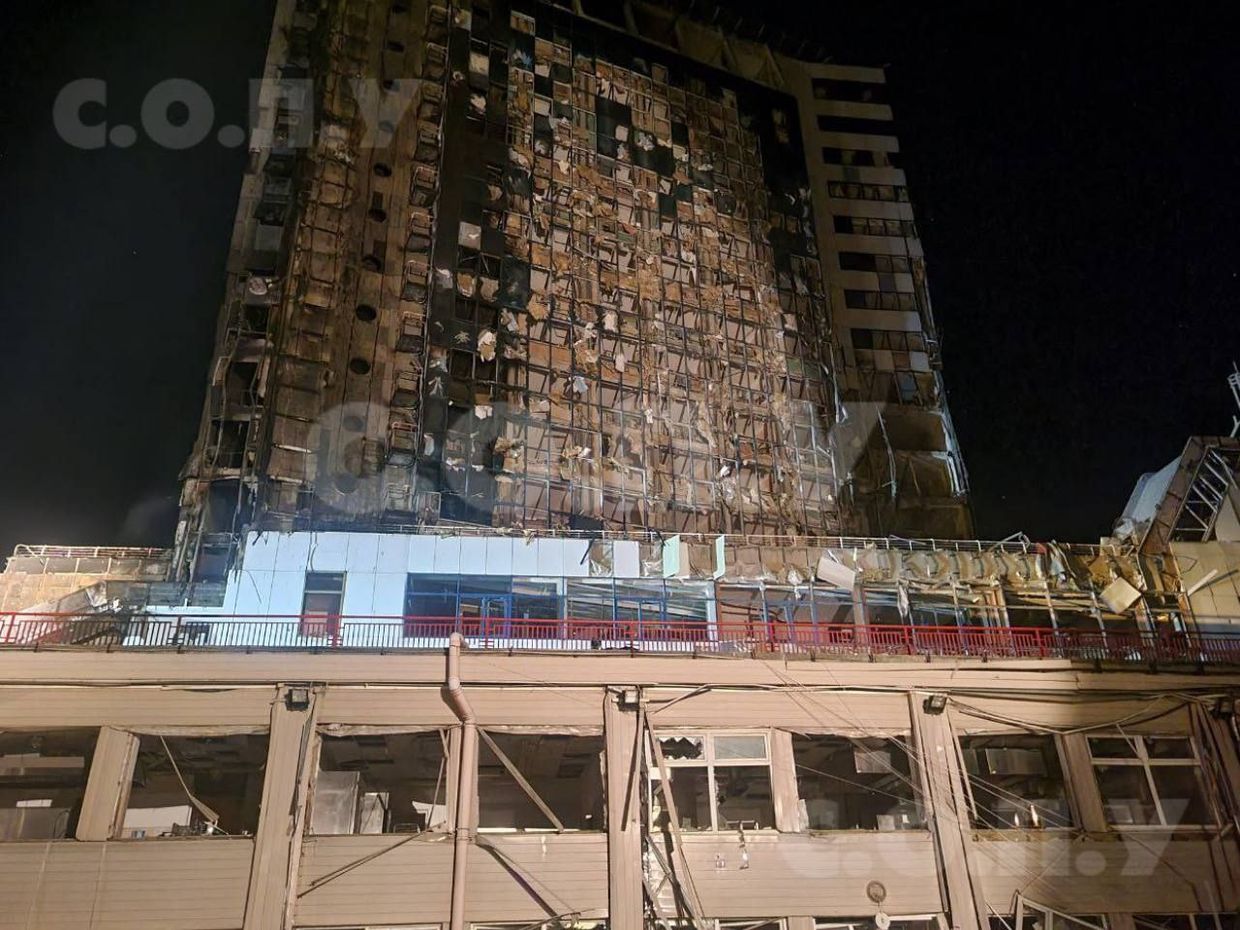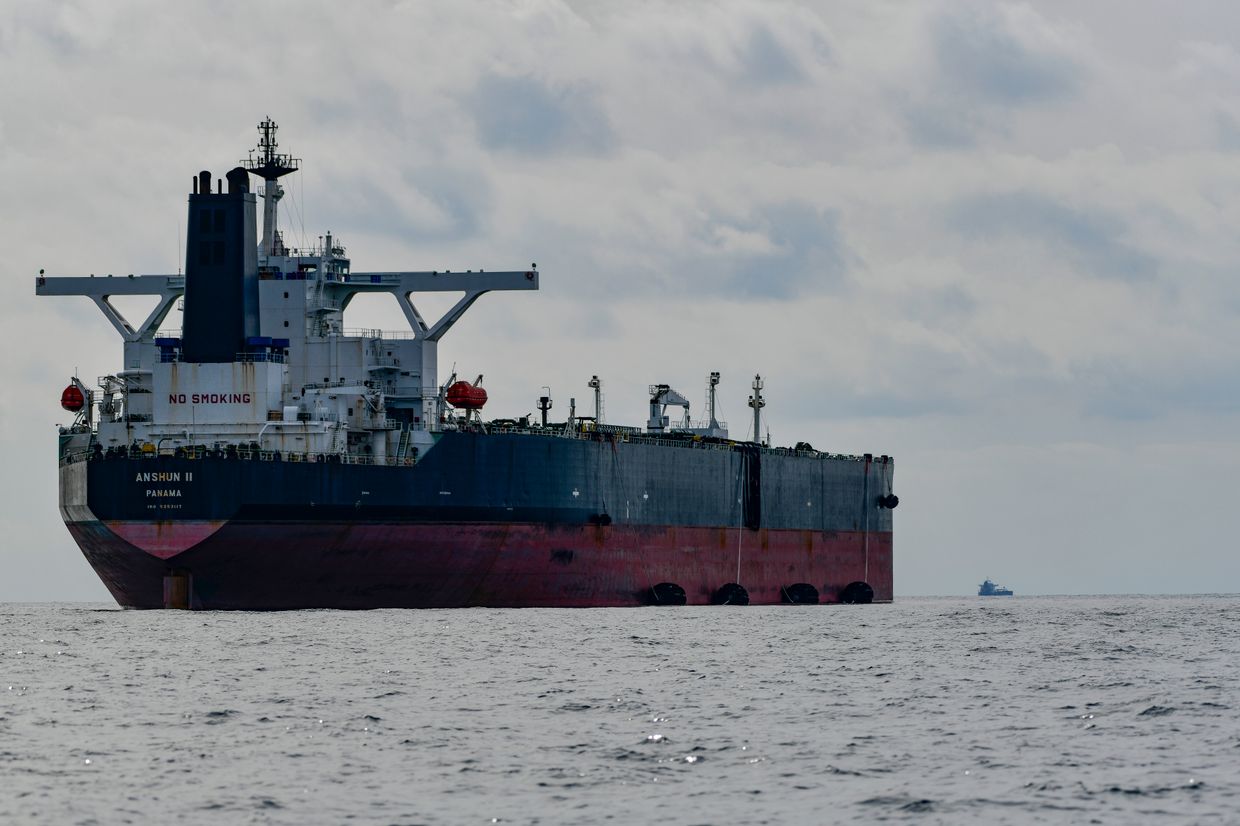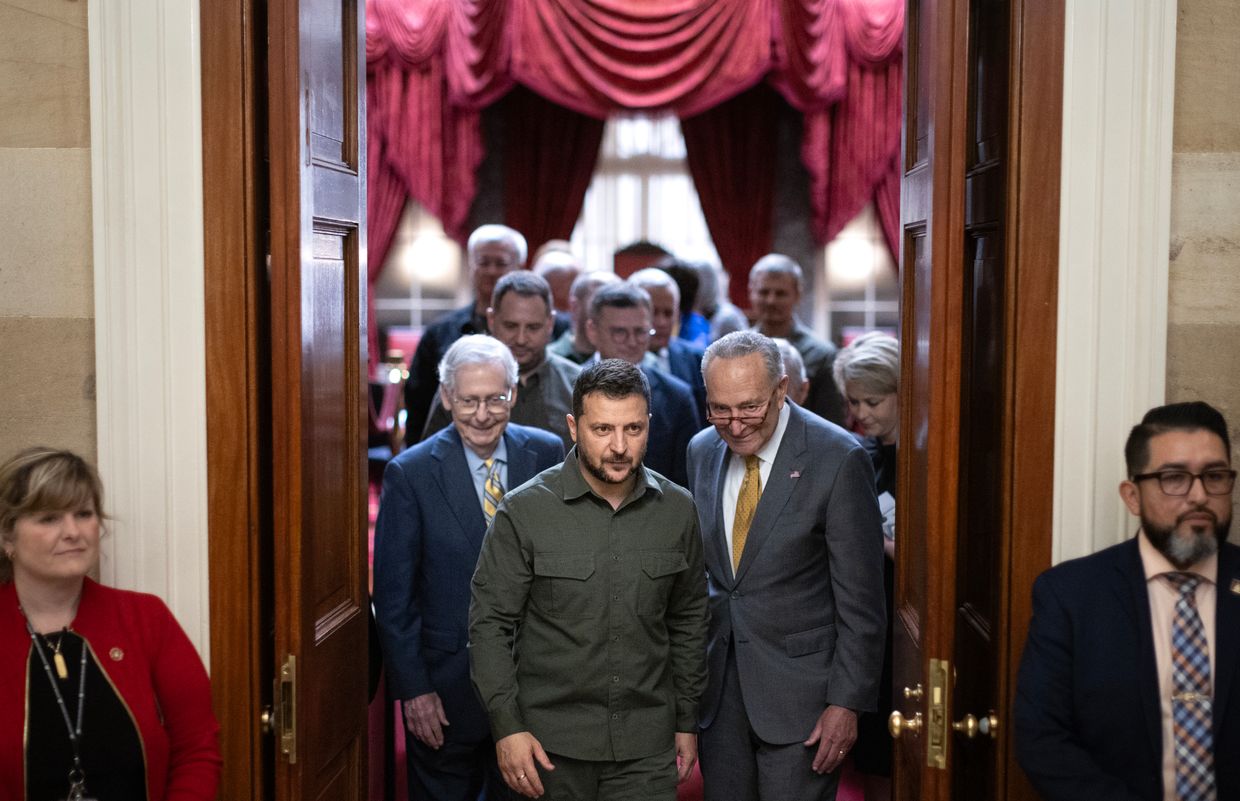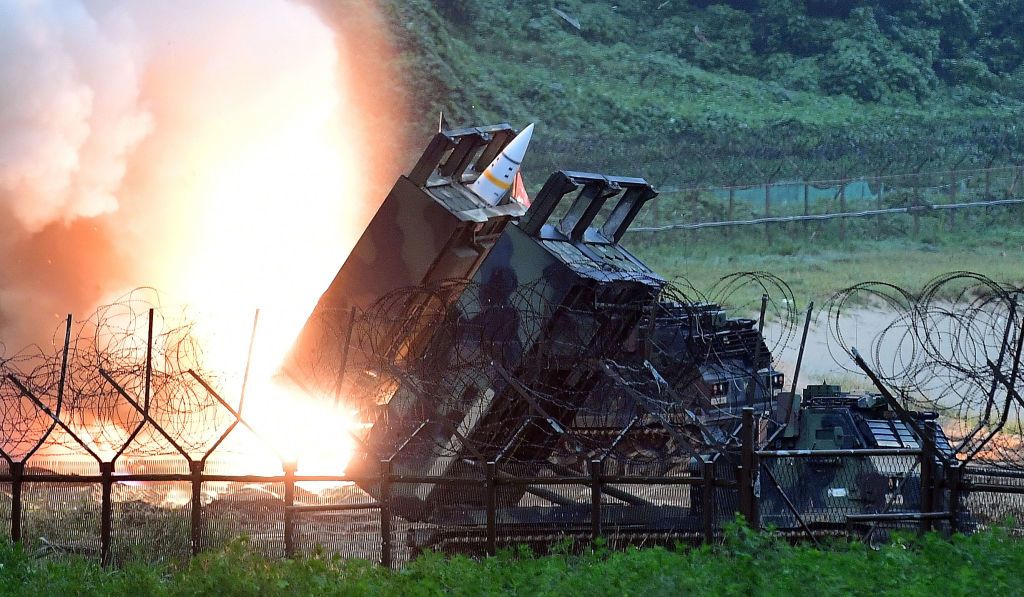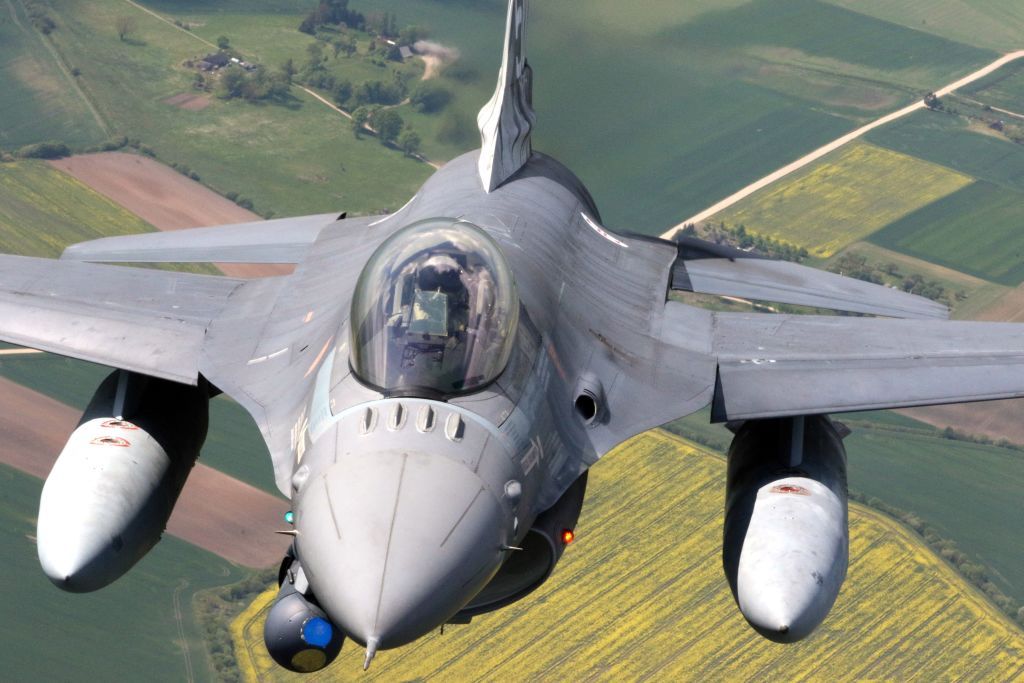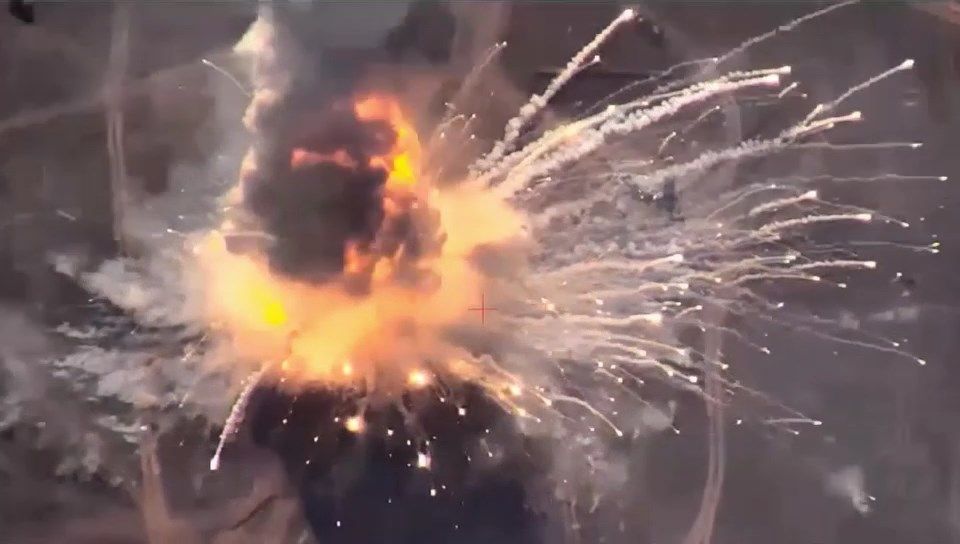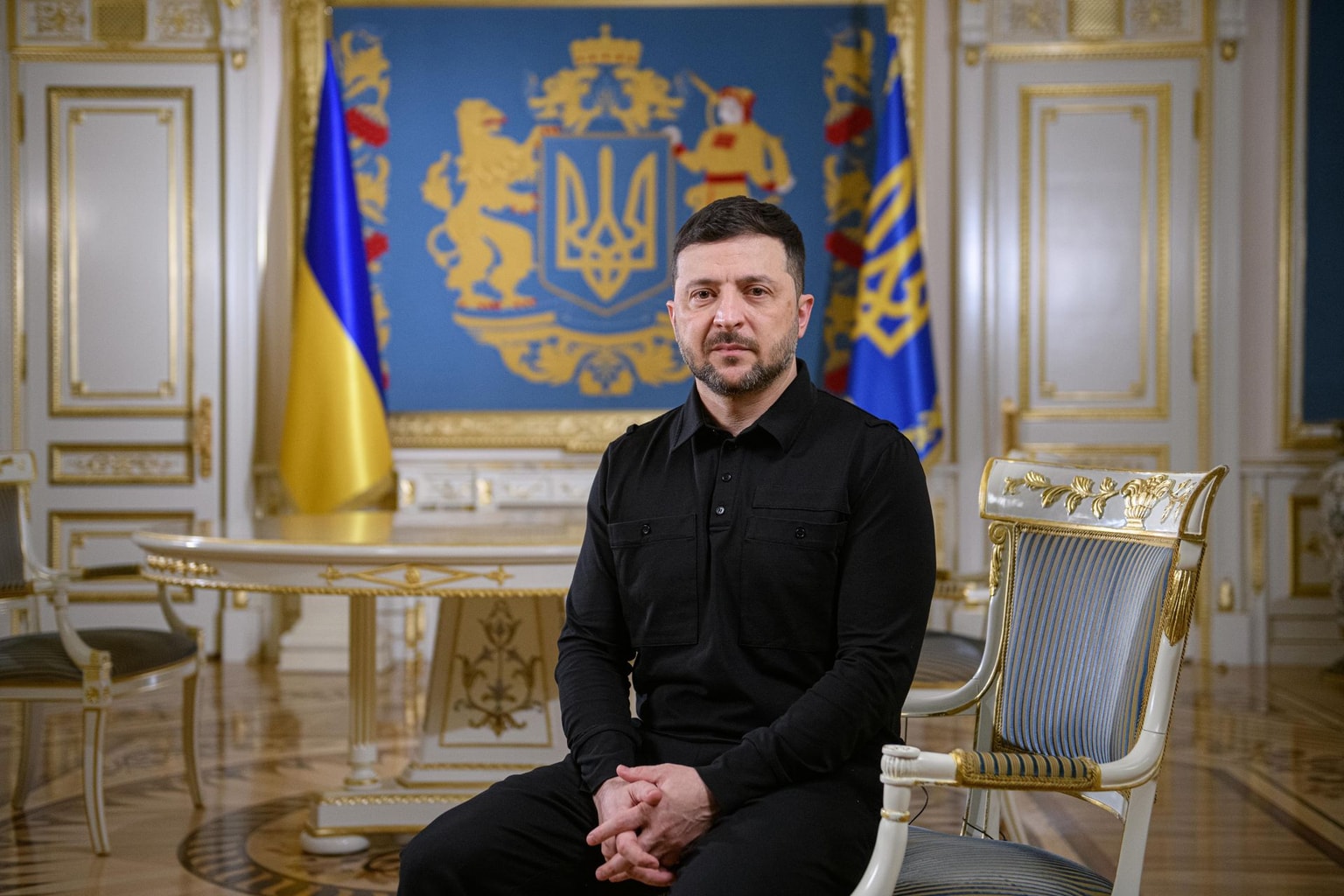Ukrainian State-Owned Enterprises Weekly — Issue 103

Editor’s Note: This is issue 103 of Ukrainian State-Owned Enterprises Weekly, covering events from September 16-22, 2023. The Kyiv Independent is reposting it with permission.
Ukrainian SOE Weekly is an independent weekly digest based on a compilation of the most important news related to state-owned enterprises (SOEs) and state-owned banks in Ukraine. This publication was produced with the financial support of the European Union within the project “Supporting Ukraine in rebuilding and recovery” implemented by the KSE Institute. The contents of this publication are the sole responsibility of the editorial team of the Ukrainian SOE Weekly and do not necessarily reflect the views of the European Union.
Energy sector
Ukrenergo endures the first Russian missile attack on its energy facilities in six months. On Sept. 21, Ukrenergo reported that Russia launched another missile attack on Ukraine’s energy infrastructure — the first since March 2023.
Russia’s attack came on the morning of Sept. 21. According to Ukrenergo, the barrage damaged energy facilities in the western and central regions of Ukraine. Consumers in Rivne and Zhytomyr oblasts were partially cut off from electricity supply, the company added.
Ukrenergo also reported that the main power grids in the region have been restored and household consumers are being supplied with power through regional power distribution companies.
The attack also damaged power grids in Dnipropetrovsk, Kyiv, and Kharkiv oblasts. Emergency repair works began immediately after the alarm was cancelled, the company said.
According to Ukrenergo’s CEO Volodymyr Kudrytskyi, it is impossible now to say whether this is the beginning of a new massive wave of targeted Russian attacks on the power system, but Ukrenergo harbours no illusions and is preparing for every possible scenario.
Kudrytskyi assured readers that the grid operator would do everything it can to protect consumers and handle emergencies, just as it has done in the past. Kudrytskyi added that preparations for the heating season did not stop.
In SOE Weekly Issue 78, we reported on the previous large missile and drone attack on Ukraine’s energy infrastructure on March 9. This was Russia’s 15th mass strike, Ukrenergo said then.
After every Russian mass missile attack on Ukraine’s vital infrastructure in autumn 2022 and winter 2023, there were emergency outages, lasting for days due to the ongoing repair works. During such outages, people in Ukraine were left without electricity, heating, water supply, or access to mobile phone networks.
See more on the previous waves of Russia’s mass attacks in SOE Weekly’s Issues 66, 72, 74, and 78.
Prosecutor General’s Office searches Ukrenergo’s headquarters for contracts that allegedly made the state lose money. On Sept. 20, Ukrenergo reported that the Prosecutor General’s Office (PGO) searched its head office by order of the Pechersk District Court issued on Aug. 30.
Ukrenergo stated that it would have willingly provided investigators with all the necessary documents without a search, but law enforcers had not requested a voluntary handover.
The documents of interest included some contracts that the State Audit Service of Ukraine (SASU) had audited by March 2023.
According to liga.net, the search is part of a criminal case opened by the Internal Affairs Ministry on Sept. 16, based on the results of that audit. The said contracts pertain to several companies that supplied goods and services to Ukrenergo in 2019-2023, the media reported.
According to Forbes Ukraine, PGO may suspect Ukrenergo’s management of signing contracts that caused damage to the state. According to an excerpt from SASU’s report, seen by Forbes Ukraine, between 2018 and 2022, SASU established Hr 68 billion ($1.8 billion) in claims against Ukrenergo.
The five largest claims concern the following:
- Hr 36 billion ($975 million) – wording in financial statements; these claims were corrected and later withdrawn (apparently, by SASU).
- Hr 11.7 billion ($317 million)– delays in signing contracts with Guaranteed Buyer;
- Hr 10.2 billion ($276 million) – the probability that the National Energy and Utilities Regulatory Commission (NEURC) would not approve Ukrenergo’s tariff for 2023, which might lead to a shortfall in revenues;
- Hr 3.3 billion ($89 million)– receivables from the energy market to Ukrenergo; and
- Hr 660 million ($17.9 million) – failure to apply Ukrainian state standards in dealing with international counter-parties (such EBRD, World Bank, or EIB).
Ukrenergo said that it is challenging the audit results in court, as it considers them “biased and unprofessional” and “some of them directly contradicting the law."
According to liga.net, Ukrenergo’s CEO Volodymyr Kudrytskyi, who has headed the company since 2020, has a protracted conflict with Energy Minister Herman Halushchenko.
One of the attempts to remove Ukrenergo’s management from their positions took place in November-December 2021, when the term of office of Ukrenergo’s supervisory board expired and a new one had not yet been appointed, liga.net wrote.
In particular, as Ekonomichna Pravda (EP) wrote back then, the Ministry of Energy changed Ukrenergo’s charter, with the size of the executive board increased from five to seven members. According to EP, three out of five incumbent executive board members would be dismissed, with five new executive board members appointed. See more on this case in SOE Weekly’s Issue 55.
However, after a public outcry, the ministerial orders were never implemented, liga.net wrote. Nevertheless, two executive board members, Andriy Nemyrovskyi and Maksym Yurkov, were dismissed. See Issue 55.
Naftogaz announces its recovery from default. On Sept. 20, Naftogaz reported that it had completed repayments to fulfill its credit obligations after the restructuring of Eurobonds set to mature in 2022 and 2026. As a result, Naftogaz Group has officially exited default status, the company announced.
According to Naftogaz’s CEO Oleksiy Chernyshov, this allows the state gas giant to consider new financing for its capital investment plan.
In SOE Weekly Issue 68, we reported that Naftogaz defaulted on its Eurobonds on July 26, 2022 due to the Cabinet of Ministers’ refusal to approve payments on them. See Issue 68 for more detail.
In Issue 75, we reported that Naftogaz was trying to restructure its 2022 and 2026 Eurobond liabilities with financial advisor Lazard and legal advisor Freshfields Bruckhaus Deringer.
In Issue 90, we reported that Naftogaz reached agreements with investors on ways to restructure Eurobonds maturing in July 2022 and November 2026. See Issue 90 for the restructuring terms. The restructuring of both the 2022 and 2026 bonds was expected to be completed by the end of July 2023.
As we wrote in Issue 95, the Cabinet of Ministers, as the shareholder of Naftogaz, agreed on the term sheet to restructure these Eurobonds on June 24.
Naftogaz says it fully filled underground gas storage facilities ahead of schedule; Makogon claims this is data manipulation. On Sept. 19, Naftogaz reported that it met the gas storage goals set by the Cabinet of Ministers ahead of schedule.
According to Naftogaz, the government’s plan for the coming 2023-24 heating season called for creating a reserve of 14.7 billion cubic meters in Ukraine’s underground storage facilities. The company reported that, on Sept. 19, Ukraine reached this target, well ahead of the established deadline of Nov. 1.
The gas reserve of 14.7 billion cubic metres is thought to be sufficient to confidently cover the coming heating season, regardless of any unforeseen circumstances. This includes capacity for additional electricity generation during peak periods of demand, Naftogaz added.
Meanwhile, the former CEO of the Gas Transmission System Operator of Ukraine (GTSOU) Serhiy Makogon claimed that Naftogaz was manipulating data, and its announcement was misleading.
According to Makogon, 2.6 billion cubic metres of the total of the 14.7 billion belong to non-residents who have already sold it in advance and will export it back to the EU in December 2022 and February 2023, so it is wrong to include them in the total.
In fact, there is only about 12.1 billion cubic metres in underground storage facilities, which Ukrainian consumers can “theoretically” count on, Makogon argued. “Theoretically” means that these 12.1 billion cubic meters still include private producers, GTSOU’s, and other owners’ gas, and these are not obliged to supply it to households, district heating companies, or power companies, he explained.
The actual volume of gas owned by Naftogaz itself is a “state secret,” Makogon wrote.
He also stated that filling up the gas storages is proceeding significantly slower this year than it was in 2022. There were 13 billion cubic meters of gas in the storages as of Sept. 1, 2022 and 14.5 billion cubic meters at the end of October 2022, and there was no non-resident gas among these volumes, he explained.
This means that there is now about 1.5 billion cubic meters less gas available in storage than there was in 2022. However, the plans for the use of gas by the power sector this winter are much larger, Makogon added.
He also said that in 2022, the gas price reached $2,000 per thousand cubic metres – yet, the previous team of Naftogaz managed to create sufficient gas reserves back then.
Unfortunately, this year, when the price fell to $250-300 in the summer, Naftogaz’s new management was in no hurry to import gas for the winter. Now there are some minor purchases of imported gas with EBRD funds, but the price is now much higher than it was in the summer, Makogon concluded.
In SOE Weekly Issue 91, we reported that the Cabinet determined that Ukraine should have more than 14 billion cubic meters of gas in its storage facilities by the beginning of the 2023-24 heating season, which usually begins in mid-October.
As we wrote in Issue 100, Chernyshov told Ekonomichna Pravda (EP) that the vast majority of gas in the storage facilities was Ukrainian, but he refused to disclose exactly how much of it belonged to non-residents.
In Issue 69, we reported about the resignation of Naftogaz’s previous CEO Yuriy Vitrenko on Nov. 1 2022.
According to EP, Vitrenko resigned because of his differences in opinion and tensions with Prime Minister Denys Shmyhal, particularly about the reform priorities for Naftogaz, the Cabinet’s requirement that the company should defer payments on Eurobonds leading to the default of Naftogaz, and gas volumes required for the winter of 2022-2023.
EP wrote that the conflict between Shmyhal and Vitrenko arose amid disagreements over the amount of gas needed in underground storage facilities before the start of the heating season.
In June 2022, the Cabinet of Ministers instructed Naftogaz to accumulate 19 billion cubic meters by the start of the heating season, while Vitrenko argued that 15 billion would be enough to get through the winter.
On Oct. 20, 2022, the stocks in the storage facilities amounted to about 14.2 billion, EP added.
Infrastructure
Ukrzaliznytsia’s CEO Lyashchenko interviewed. Ukrzaliznytsia’s CEO Yevhen Lyashchenko was interviewed by Interfax-Ukraine this week. We selected the key points.
On financial results:
- “The government instructed us to develop a plan to break even. To do this, we had to find real sources of additional income. By the way, in May 2023, we submitted amendments to the financial plan, which already had a small profit. Currently, the company is breaking even. According to our forecast, we will be profitable in nine months.”
SOE Weekly has not been able to identify any evidence that the Cabinet has already considered or approved Ukrzaliznytsia’s amended financial plan.
In SOE Weekly Issue 70, we reported that on Dec. 30, 2022, the Cabinet of Ministers approved Ukrzaliznytsia’s consolidated financial plan for 2023. According to that plan, Ukrzaliznytsia expected to lose Hr 20.2 billion ($547 million) in 2023 due to the large social burden and restrictions on cargo transportation. See Issue 72.
We also reported in Issue 72 that Ukrzaliznytsia took losses of Hr 10.8 billion ($292 million) in 2022. The loss from passenger transportation was Hr 13.3 billion ($360 million), suggesting that the company’s other segments, such as cargo transportation, made a profit of Hr 2.5 billion ($67 million).
As we wrote in Issue 80, in March 2023, after his appointment as the new Ukrzaliznytsia CEO for the next two years, Lyashchenko got several key tasks, one of which was for the company to break even.
In Issue 90, we reported that Ukrzaliznytsia would receive a $25 million grant from the World Bank.
In Issue 91, we reported that Ukrzaliznytsia would also receive a 6.7-million-euro grant from the European Investment Bank (EIB) to support the company’s operations during Russia’s full-scale war against Ukraine.
As we wrote in Issue 92, Ukrzaliznytsia signed a 200-million-euro loan agreement with the European Bank for Reconstruction and Development (EBRD) as part of the Emergency Support to Ukrainian Railways project.
In Issue 101, we wrote that Ukrzaliznytsia would receive a 100-million-euro loan from EIB.
- “I cannot give you the figures for the 2024 financial plan because it has just been submitted and its analysis is not yet complete. It includes a profit. It is small, but it is there (in the plan).”
On state financial support in the 2024 financial plan:
- “It is very important for us that the company can sustain itself within the current operating indicators that we have achieved. Thanks to a balanced policy on expenses and revenues, we have funds that we can use, among other things, to restore infrastructure – recovery capex.”
- “But at the same time, there are programs that cannot be implemented without government support. For example, it is impossible to renew the fleet of cars for the unprofitable passenger transportation. Given its operating costs, it is deeply unprofitable at current passenger ticket prices. In addition, we receive no compensation for performing our PSO duties, i.e., transporting privileged categories of passengers. We are talking about the amount of about Hr 2 billion ($54 million).”
- “We are also raising this issue in the context of the expenditures included in the state budget for 2024. However, I would like everyone to understand that we are not asking for help from the budget to cover our losses. We are currently operationally stable. But the company needs funds to implement complex infrastructure projects; as I said before, we need funds to upgrade our passenger car fleet. And for this, we need government support. If there is zero budget support, there will be zero new cars.”
In Issue 68, we reported that after Russia’s full-scale invasion, the Ukrainian government gave Ukrzaliznytsia new responsibilities. We also detailed the financial support that the government, Ukrgasbank, and international partners provided to Ukrzaliznytsia throughout 2022.
On the sale of scrap metal:
- “We planned to generate Hr 308 million ($8.3 million) of net financial result from the sale of scrap metal for export in 2023 and Hr 887 million ($24 million) in 2024. We will definitely not receive the planned additional income in 2023, and additional revenues from scrap exports in 2024 are also at risk."
- “We have an idea to sell part of the scrap for export at foreign market prices, which are currently 2-2.5 times higher than domestic market prices. Back in April 2023, we officially addressed the government with proposals to adjust the procedure for managing the company’s property, so as to allow selling some scrap to major global steel and mining producers under direct bilateral agreements without an export duty. (Starting from 2021, the export duty for scrap metal is set at 180 euros per metric ton.) We also submitted such proposals as part of the revised financial plan (apparently, for 2023 – SOE Weekly) to reach break-even.”
- “The document (on scrap metal exports) is on its way out of the Cabinet of Ministers. I would like to emphasize that we have officially, with all the safeguards in place to prevent abuse, submitted amendments to the procedure for managing the company’s property, which provide for permission to sell some scrap at European prices. We have also reflected this in the changes to the financial plan.”
- “Even at the stage when we were working out our break-even plan, we realized that by selling three times less on the European market, we could earn the same amount as from selling the same volume on the domestic market. According to our calculations, we can plan to export up to 25-30% of the total volume of scrap that Ukrzaliznytsia has. Such volumes will not have any negative impact on the domestic market. But organizing significant export shipments requires complex work with a large number of producers. However, even such volumes would significantly increase cash flows and help strengthen Ukrzaliznytsia’s financial stability.”
Privatization
SPFU reports Hr 4 billion in budget revenues a year after small-scale privatization was resumed. On Sept. 20, the State Property Fund of Ukraine (SPFU) reported that a year after small-scale privatization was resumed (in September 2022), the budget received Hr 3.98 billion ($107 million).
In total, 430 investors became the new owners of assets in small-scale privatization auctions over the year. Auction selling prices tripled from the starting prices, on average, the SPFU said.
According to the SPFU, after the acquisition, the new owners also paid off over Hr 950 million ($26 million) in arrears to employees and the budget. In addition, they paid Hr 680 million ($18 million) in VAT.
The revenue from privatization to the state budget is projected to be Hr 6 billion ($163 million) in 2023. In SOE Weekly Issue 96, we reported that the SPFU raised Hr 1.82 billion ($49 million) from privatization auctions to the budget in the first half of 2023.
According to the draft state budget for 2024, privatization revenues are expected at Hr 4 billion ($108 million).
In Issue 101, we reported that Rustem Umerov, before his resignation as the SPFU’s head and appointment as the new Defense Minister, said that small-scale privatization generated Hr 3.8 billion ($103 million) in direct payments from the auction winners since September 2022.
Note that the state budget revenues discussed above are from small-scale privatization. No large-scale privatization auctions have taken place in that period.
Confiscation of Russian assets, nationalization, and asset seizure
SPFU launches a registry of sanctioned assets of Russians and collaborators. On Sept. 18, the SPFU announced the launch of a public website listing the status of all seized assets of Russians and collaborators that have been placed under the Fund’s management.
According to the SPFU, the register already contains 136 sanctioned assets, including the property of Russian oligarchs Mikhail Shelkov, Vladimir Yevtushenkov, and Arkady Rotenberg; collaborators Vladimir Saldo and Sergey Tsekov; fugitive Ukraine’s President Viktor Yanukovych; and others.
The seized assets would be put up for privatization or lease through the Prozorro.Sale system, the SPFU explained.
According to the SPFU, the list of seized assets would continue to grow. The Fund expects to transfer about 500 more assets of Russian oligarchs and Ukrainian collaborators soon.
In SOE Weekly Issue 97, we reported that the SPFU announced the start of privatization of assets seized from Russian oligarchs.
As we wrote in Issues 99 and 100, the first two attempts to sell agricultural company Investagro, which previously belonged to sanctioned Russian oligarch Mikhail Shelkov, failed.


